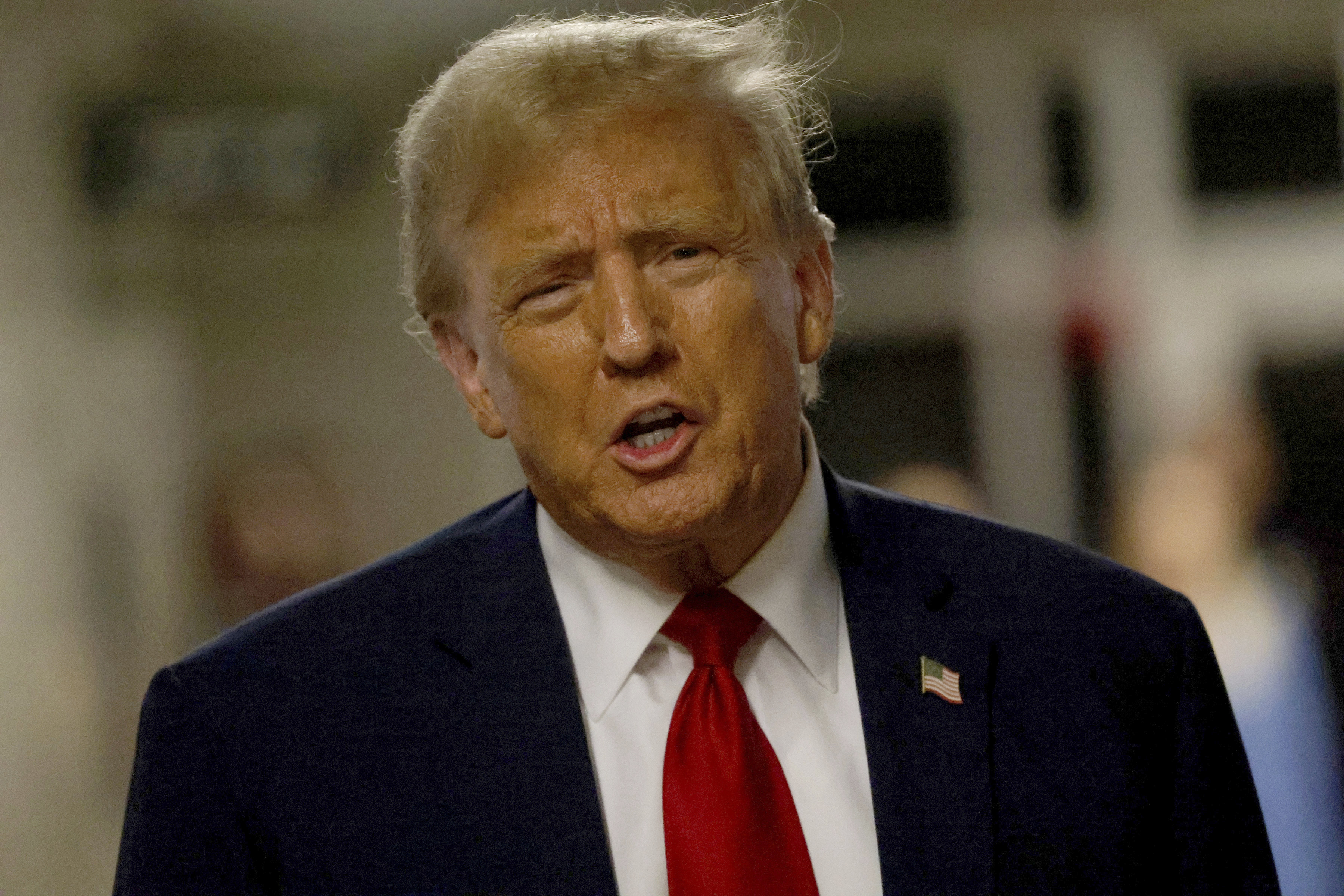
Huge holes in state budgets due to the coronavirus pandemic and the demonstrated eagerness of fans to bet on sports are likely to spur a further expansion of sports betting and online casino gambling, experts said Tuesday.
Speaking at the Betting On Sports America online conference, gambling executives, analysts and lawmakers agreed that the lure of new tax revenue could prove irresistible to cash-strapped state governments facing large deficits due to the pandemic.
And the results of last month's elections, in which voters in numerous states approved allowing or expanding casinos or sports betting, show that demand exists for legalized gambling in additional states. According to the American Gaming Association, the casino industry's national trade group, 44 states plus Washington, D.C., have legalized some form of casino gaming, including sports betting.
Chris Grove, head of sports and emerging verticals for Eilers & Krejcik Gaming, said his research firm expects about two dozen states to consider some form of sports betting legislation in 2021, with “a viable path to passage" in half of them. He cautioned that adding other forms of gambling to sports betting bills can reduce their prospects of approval.
“Most states are going to need revenue,” said Andrew Winchell, director of government relations for FanDuel. “Online casinos and sports wagering are new opportunities for this. It's not just a new source of revenue, but also a hedge against brick-and-mortar (casinos) having to close for a period. States like New Jersey that had online casinos were able to get tax revenue and keep operating online.”
Like most states, New Jersey shuttered its casinos for more than four months earlier this year as the pandemic spread across the U.S. Most physical casinos around the country are operating under restrictions limiting the number of people allowed inside.
“Legislators are going to be looking under every couch cushion to find new revenue,” said Chris Cylke, a senior vice president with the American Gaming Association. “They'll be looking at expanding brick-and-mortar (casinos), and iGaming will be an easier discussion to have in state legislatures.”
U.S. & World
News from around the country and around the globe
By the end of 2021, at least 25 states and the District of Columbia could have legal sports betting in place.
But states should temper their enthusiasm about sports betting revenue as a budgetary windfall. An Associated Press analysis of sports betting revenue and U.S. state budgets in 2019 found that numerous states missed their revenue projections. The AP found previously that taxes on sports betting would generate just a fraction of 1% of most states’ budgets if they met their estimates.
Still, some New York lawmakers are pushing hard to adopt mobile sports betting despite opposition from Democratic Gov. Andrew Cuomo, who thinks such a change may require a constitutional amendment. State Sen. Joseph Addabbo Jr. said his state has a potential budget deficit of up to $20 billion amid the coronavirus pandemic.
New York Assemblyman J. Gary Pretlow said both chambers of the state Legislature will include sports revenue as part of a revenue package for the next state budget, which is due in April.
“The tens of millions in additional revenue, they can't thumb their nose at it," he said.
Gambling was a big winner in the November elections.
Maryland, South Dakota and most parishes in Louisiana approved sports betting. Virginia approved casino gambling in four locations, Nebraska authorized adding casino games at its horse racing tracks and Colorado expanded the number and type of casino games it can offer, along with eliminating some wagering limits.
Andrew Zarnett, managing director of Jeffries LLC, predicted the expansion of sports betting will bring online casino gambling along with it in many places. That is particularly true in states bordering states that recently adopted gambling, including Texas, he said.
“The border of Texas runs up and down Louisiana; that just puts additional pressure on a state that's already talking about it,” he said. “That will be the next thing to look for.”
Other possible effects could include a renewed push for mobile sports betting in Mississippi, with Louisiana and Tennessee offering sports betting on either side of it, panelists said.
“There is an urgency to adopt sports betting that has taken us by surprise,” said Adam Greenblatt, CEO of BetMGM. “What we're seeing is latent demand and massive ramp-up.”
___
This story has been corrected to show that Chris Cylke, a senior vice president with the American Gaming Association, said that the possibility of adopting internet gambling will an “easier” discussion, not an “essential” discussion, to have in state legislatures.
___
Follow Wayne Parry at http://twitter.com/WayneParryAC



